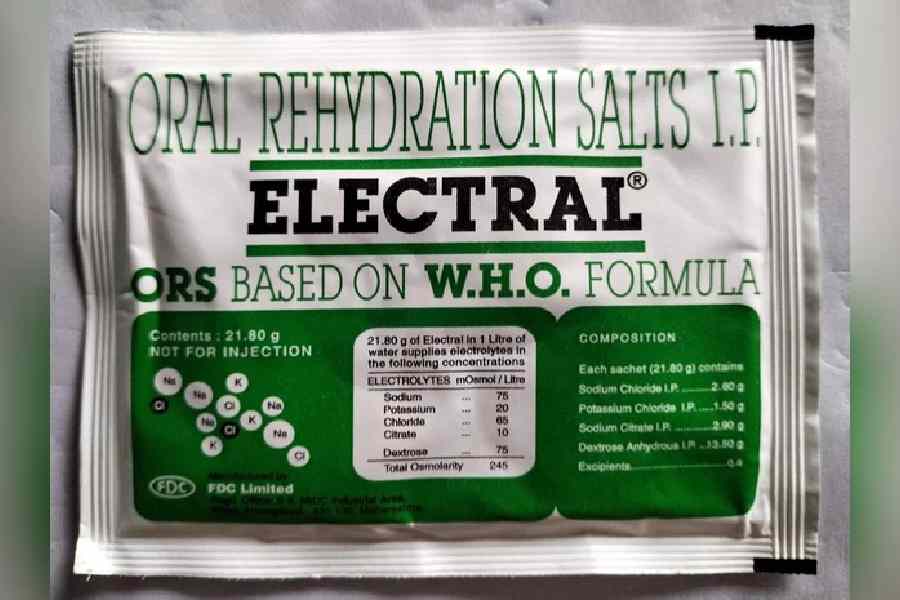The Food Safety and Standards Authority of India (FSSAI) has prohibited food and beverage brands from using the term Oral Rehydration Salts (ORS) or its abbreviation unless the product adheres to World Health Organisation (WHO) standards in order to safeguard consumer interest.
The directive, issued on October 14, marked a victory for public health advocates who have long warned against misleading labelling that equates sugar-heavy drinks with medically approved rehydration solutions.
The order also revoked two earlier permissions, granted in 2022 and 2024, that had allowed brands to include “ORS” in their names, provided they displayed a disclaimer stating the product did not follow WHO’s formula.
Consumer protection takes centre stage
In a clarification issued the following day, the regulator said that using “ORS” in any form for fruit-based, non-carbonated, or ready-to-drink beverages was “false, deceptive and misleading”, violating provisions under the Food Safety and Standards Act, 2006.
The FSSAI emphasised that such practices could endanger consumers by creating confusion between medically necessary hydration solutions and sugary drinks.
The decision is expected to have wide-reaching implications for the beverage industry, which has frequently marketed fruit juices and electrolyte drinks using the ORS label, despite many of them having sugar levels up to 10 times higher than WHO’s approved formula.
A doctor’s long battle against deception
The regulatory overhaul owes much to the relentless efforts of Hyderabad-based paediatrician Dr Sivaranjani Santosh, who has campaigned for nearly a decade against the misuse of the ORS tag.
In 2022, she filed a Public Interest Litigation (PIL) before the Telangana High Court, flagging how several companies were promoting sugar-laden drinks as oral rehydration solutions. The practice, she said, was particularly dangerous for children and diabetic patients.
Her petition prompted the court to seek responses from the FSSAI and the Drug Controller General of India. Following this, the FSSAI initially restricted ORS labelling in April 2022 but temporarily relaxed the rule after several companies filed writ petitions citing trademark concerns. The October 14 directive rescinds all earlier relaxations, closing the loophole once and for all.
Dr Santosh, who announced the development on Instagram, hailed the move as a “massive public health win.”
“No one can use ORS on their label unless it’s a WHO-recommended formula. No one can sell it right from today,” she wrote, thanking the thousands of parents, doctors, and educators who supported the campaign.
The science behind ORS, and why imitation is risky
According to UNICEF, WHO-approved ORS is a precise blend of salts and sugar dissolved in clean water. It is used to treat dehydration caused by severe diarrhoea, heat stroke, or other illnesses.
The WHO formula contains 2.6g sodium chloride, 1.5g potassium chloride, 2.9g sodium citrate, and 13.5g dextrose per litre of water, maintaining a balanced osmolarity of 245 mOsm/L.
By contrast, many so-called ORS beverages in the market have over 120g of total sugar per litre, including 110g of added sugar, and provide only a fraction of the necessary electrolytes.
Such an imbalance can cause salt toxicity or worsen dehydration when consumed.
A people’s victory for health transparency
Dr Santosh called the FSSAI order “the culmination of eight years of battle, three years of filing PILs, and countless hours of public mobilisation.” She credited “the collective power of people — parents, doctors, advocates, and influencers” for the breakthrough.
Her campaign, shared across social media and supported by doctors nationwide, turned the spotlight on how misleading food marketing can endanger lives under the guise of health claims.










